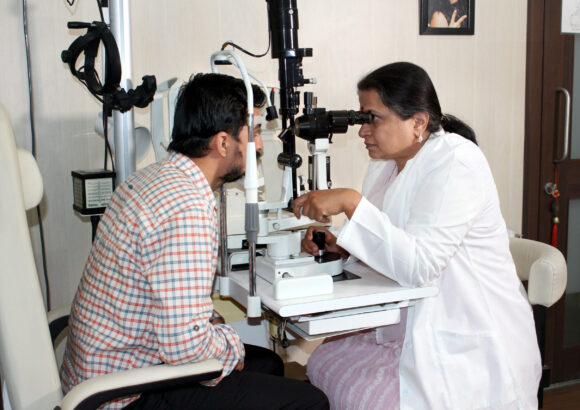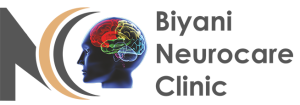CALL US NOW :
MAILING ADDRESS :
LOCATION ADDRESS :
Plot no.2, Gurudwara Road, Mumbai Naka,
Nashik
Neuroopthalmology
Introduction of Neuroopthalmology
Neuroopthalmology
Neuro-Ophthalmology is a super specialty that merges the fields of neurology and ophthalmology. Neuro-ophthalmologists are responsible for the diagnosis and management of complex systemic diseases of the nervous system that affect vision, eye movements and alignment, as well as pupillary reflexes.
Common Symptoms that Require Attention
The typical symptoms that could signify a neuro-ophthalmological problem include:
- Sudden decrease or loss of vision
- Sudden transient loss of vision
- Visual hallucinations
- Double vision or diplopia
- Intractable headaches
- Pupillary abnormalities
- Sudden onset of difficulties in identifying colors
- Inability to tolerate bright light
- Visual Field Defects
- Squint or strabismus
Types of Eye Diseases treated by a Neuro-Ophthalmologist
The common eye diseases that require attention from a neuro-ophthalmologist include:
Optic Neuritis
It is a condition which presents as a sudden onset loss or decrease in vision due to inflammation of the optic nerve. It can be due to an infection, or an autoimmune response. Optic neuritis is often associated with Multiple Sclerosis(MS).
Papilledema
Papilledema is characterized by the swelling of the optic nerve head (the part of the optic nerve which can directly be seen by your eye doctor during a retinal evaluation) due to increased pressure from inside the brain. It may be due to tumors, infections like meningitis, encephalitis, etc.
Toxic or Nutritional Optic Neuropathy
The optic nerve may be damaged due to toxic substances found in tobacco & alcohol. In fact, the optic nerve damage is often due to lack of nutrients and deficiency of vitamin B-complex and folic acid as well. These diseases also present as decreased vision.

Squint or Strabismus
A misalignment of the eye, especially when sudden in onset, and associated with double vision is often due to paralysis of one or more of the small muscles of the eye, and is called paralytic strabismus. The eye shows limitations of ocular movement as well.
Common Tests for Diagnosis and Management of Neuro-Ophthalmology Diseases
A comprehensive eye examination is always the mainstay of the disease diagnosis. In addition to this, your doctor will also advise one or more of these special tests to conclude to plan your treatment. These tests include:
- Orthoptic evaluation
- Evaluation of ocular movements
- Diplopia charting
- Neurological visual fields screening
- Optical coherence tomography of the optic nerve head
- Evaluation of contrast sensitivity and color vision
- Imaging studies including CT scan, MRI and MR venogram
- Lumbar puncture
Book Your Appointment To Get Quality Services From Us!
Our Biyani Neurocare Clinic is dedicated to provide the most up to date general, health and family neurocare.
Our Services
-
Vertigo
-
Movement Disorder
-
Autoimmune and Demyelinating Diseases
-
Neuroopthalmology
-
Neck and Lower back pain
-
Headache Migraine
Our Services
Support
Connect Us
- Plot no. 2, Gurudwara Road, Mumbai Naka, Nashik
-
(+91) 703-007-4740
-
sumantbiyani@gmail.com
Copyright 2023 © All Right Reserved || Website Design by – iMorse Technologies Pvt. Ltd.

